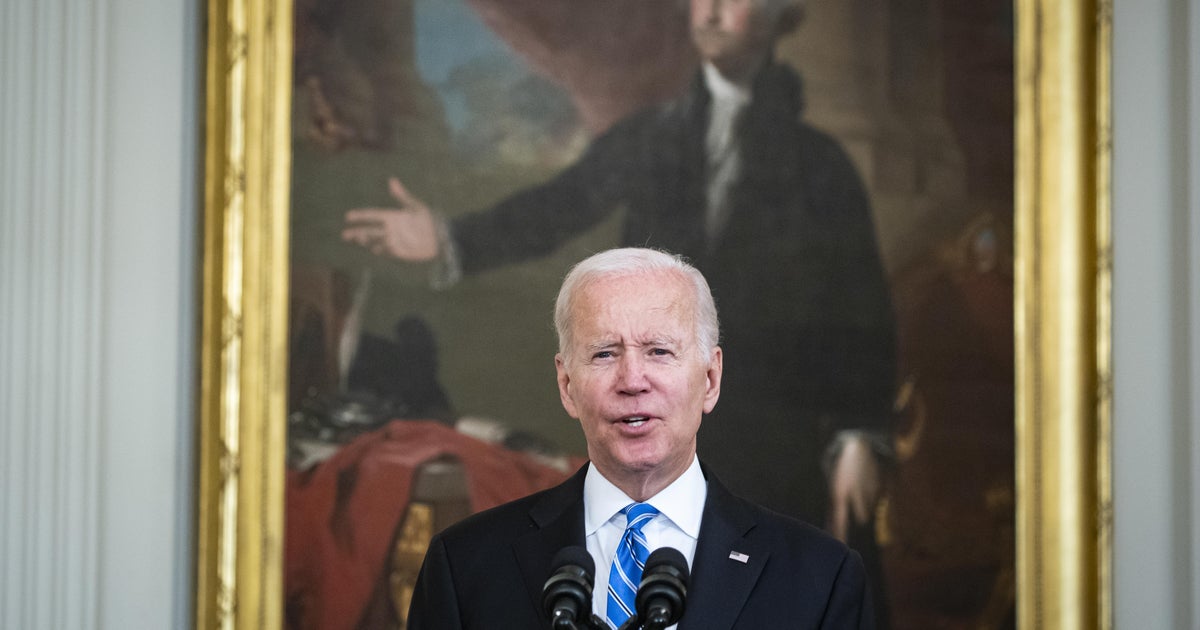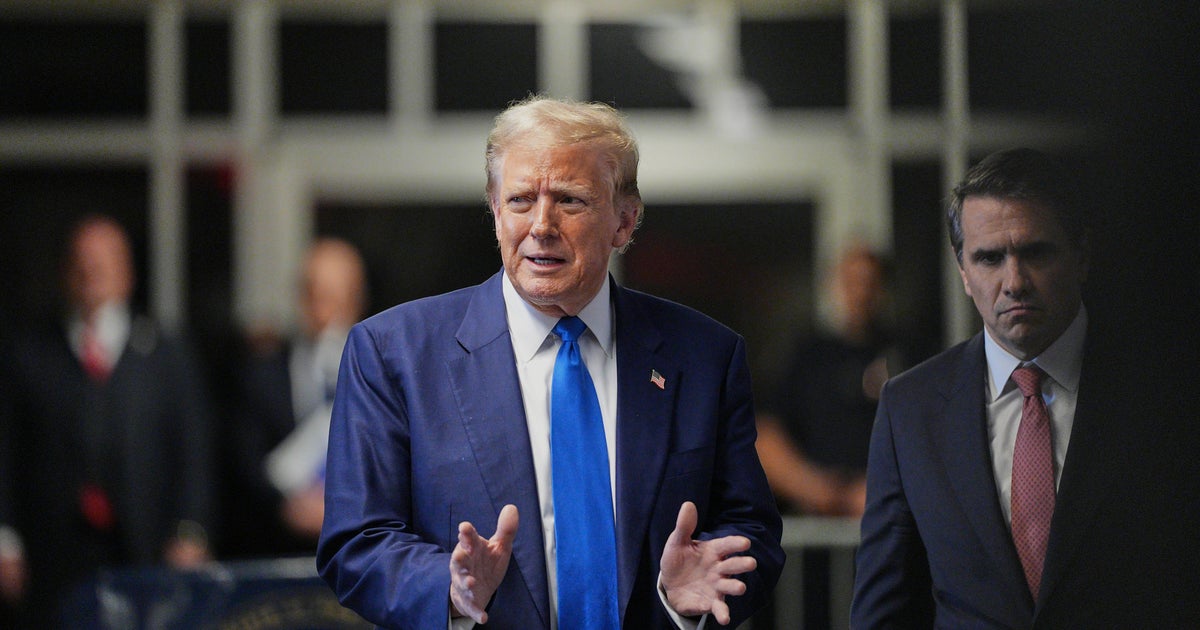Stocks soar as job growth accelerates
Stocks rose on Friday as investors cheered a stronger-than-expected jobs report and shrugged off President Donald Trump's tariffs on steel and aluminum, which weren't as stringent as some had feared.
The Dow Jones Industrial Average jumped 440.53 points, or 1.8 percent, to 25,335. The S&P 500 index rose 1.7 percent and the tech-heavy Nasdaq composite advanced 1.8 percent.
February's employment numbers represent 89 consecutive months of positive job gains for the economy, an all-time record since the 1930s, according to Glassdoor chief economist Dr. Andrew Chamberlain. The stock market on Friday is also celebrating its ninth anniversary of the ongoing bull market, the second longest since World War II.
"The jobs report for February was excellent, with very strong job growth across industries and a big increase in the labor force," said PNC chief economist Gus Faucher in a research note. "Businesses and consumers are likely responding to the tax cut by boosting investment and spending, driving stronger demand and increasing the need for labor."
The Labor Department on Friday reported the U.S. economy created 313,000 jobs last month, far exceeding analysts' expectations for 200,000 new jobs. Wage growth rose, although less than in January, alleviating investor concern that a sharp spike in wages could spur inflation.
Investors feared that higher inflation would prompt the Federal Reserve to boost rate hikes at a faster rate than expected.
Average hourly earnings rose 68 cents, or 2.6 percent, to $26.75 in February from a year earlier. January's gain was revised lower to a 2.8 percent annualized gain from 2.9 percent previously.
Although the steel and aluminum tariffs weren't as stringent as some had feared, stocks related to those industries fell on Friday. Shares of U.S. Steel (X) declined 66 cents, or 1.5 percent, to $43.69 while shares of Alcoa (AA) dipped before rising in late trading, gaining 39 cents to $47.86.
"Expectations from the steel and aluminum industries were high headed into yesterday's announcement, and Trump's late-stage decision to offer specific exemptions to both Canada and Mexico and possible exemptions to other allies meant the final tariffs failed to meet them," wrote Height Capital Markets analyst Clayton Allen.
The tariffs signed on Thursday by President Donald Trump "marked a moderation" from the president's initial proposal, he noted.
"We anticipate additional exemptions will come down the line," Allen added. "For now, Trump tied exemptions for Canada and Mexico to NAFTA renegotiation, but he did not provide a specific timeline for reversing these exemptions if negotiations slow."
The stock market has had several corrections since March 9, 2009, which is when an index like the S&P 500 falls 10 percent or more from a recent high, most recently in February. But the stock market has not fallen 20 percent or more from a recent high, which is when a bull market becomes a "bear" market. The S&P 500 would have to fall roughly 600 points from its current level in order to enter a bear market.
-- The Associated Press contributed reporting



